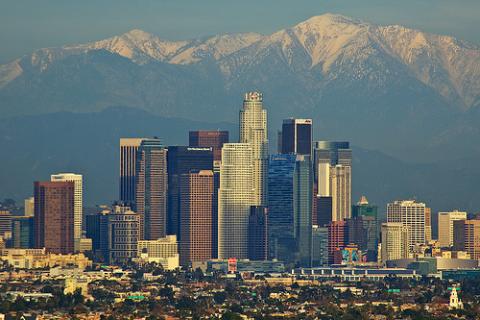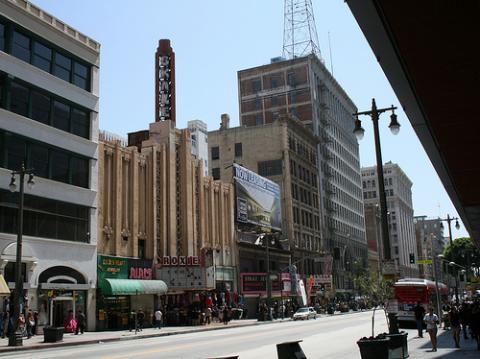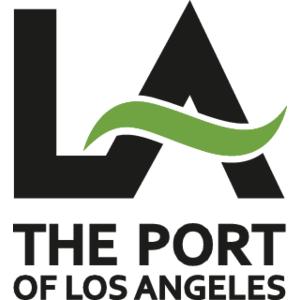Spanning across 500 square miles of Southern California, Los Angeles is the second most populous city in the United States with a 2010 census population of just under 3.8 million people. According to the 2010 census, the city’s population is 50% white, 10% black, and 15% Asian. Just under 50% of Los Angeles' population is Hispanic or Latino. Spurred in part by rampant urban sprawl and gentrification in some neighborhoods, Los Angeles has spawned a wide range of community wealth building initiatives that are seeking to counter these trends. Not only is Los Angeles home to some of the nation's leading community development corporations, but it is also known for innovation in other areas, including university-community partnerships, community benefit agreements, and transit-oriented development.
Organized labor has played a major role in community wealth building in Los Angeles. Although unions are losing strength and membership in much of the country, they have gained ground in Los Angeles. A city that has had a strong anti-union history and unions that traditionally excluded racial minorities has been transformed into a local labor movement in which Latino activists have often played a leading role and which has placed much greater emphasis on working in coalition with community-based groups. One sign of this is the work of the Los Angeles Alliance for a New Economy (LAANE). Founded in 1993, LAANE has helped spearhead national efforts to develop community benefit agreements.
A Community Benefit Agreement (CBA) is an agreement between a developer and a coalition of community groups and unions that generates mutual cooperation instead of conflict, benefiting members of the community. Businesses, which often receive tax breaks, subsidies and other incentives to operate within a city, now share some responsibility for the surrounding community. Through a CBA, they may be required to provide living wage jobs, local hiring, affordable housing, housing for displaced families, and/or park space. In exchange for making these concessions, businesses gain expedited approval of their projects, lowering development costs. LAANE has been at the forefront of this movement, successfully working to negotiate a $500-million CBA that provides for the community around Los Angeles International Airport (LAX) during new construction projects.
Another development, helping to change the direction of the city, was the passage of two important transit oriented development propositions -- Los Angeles County measure R and the California statewide proposition 1A in November 2008. The city, well known for its constant gridlock, has shifted increasing resources into transit in the past two decades. Measure R is a half-cent sales tax increase that is expected to provide the resources necessary to finance local transportation projects, including an extension of the subway toward the Westside, light-rail extensions through the San Gabriel Valley, dedicated busways in the San Fernando Valley and a host of highway improvements. Over the next 30 years, this tax increase is projected to generate $40 billion for congestion relief. Another large transportation project, partially funded by Measure 1A, allows the State of California to issue $10 billion in bonds in order to help finance a bullet train from Los Angeles to San Francisco. This project is estimated to bring an additional 450,000 permanent jobs to California by 2035 as a result of economic growth.
An overview of community wealth building efforts follows:




